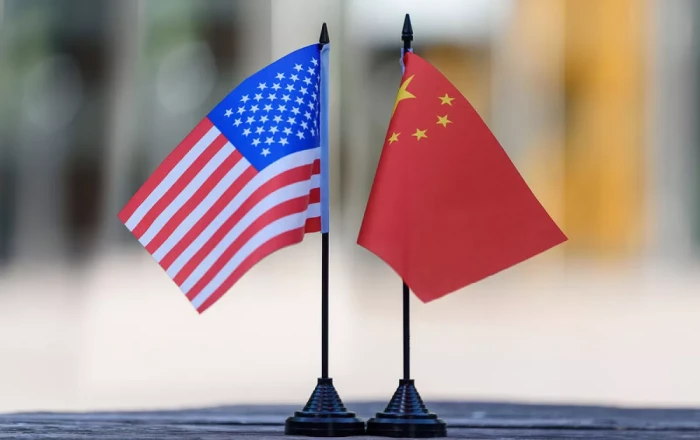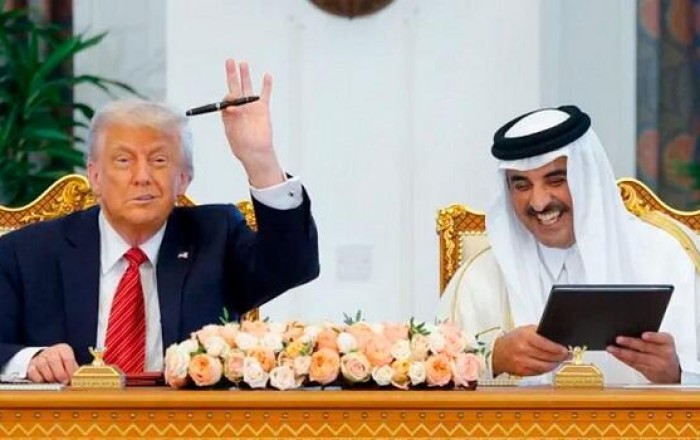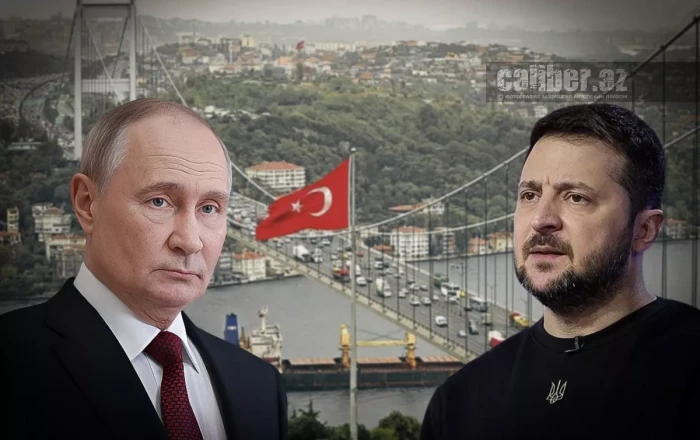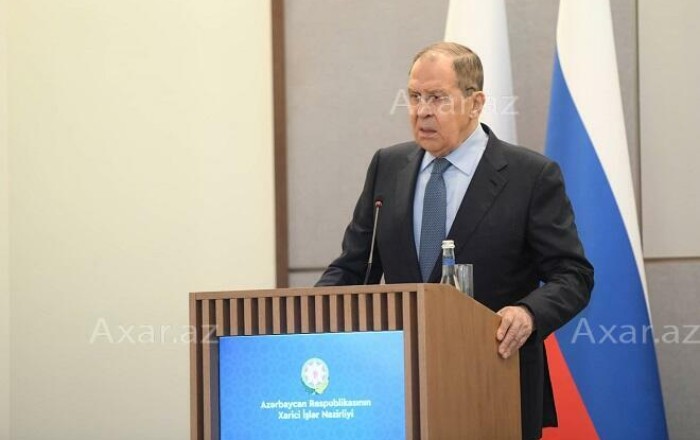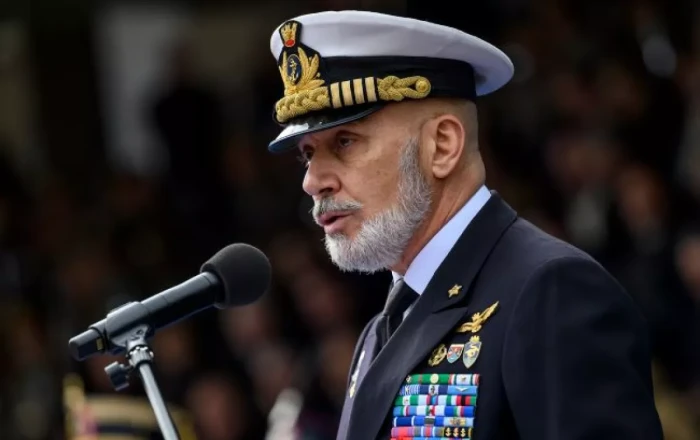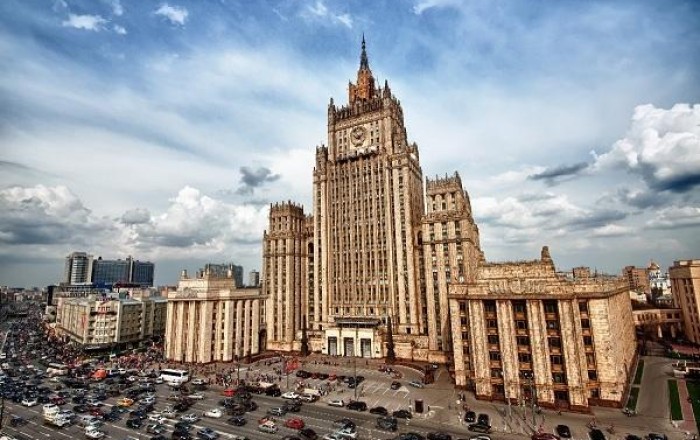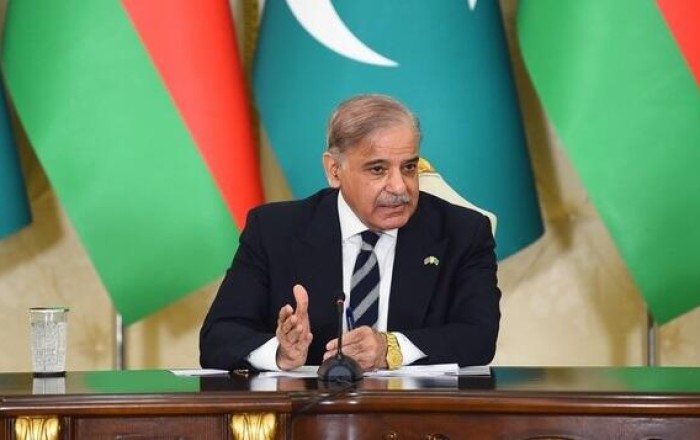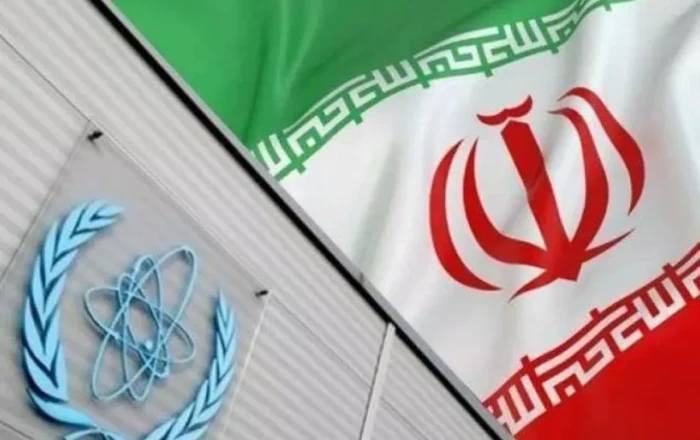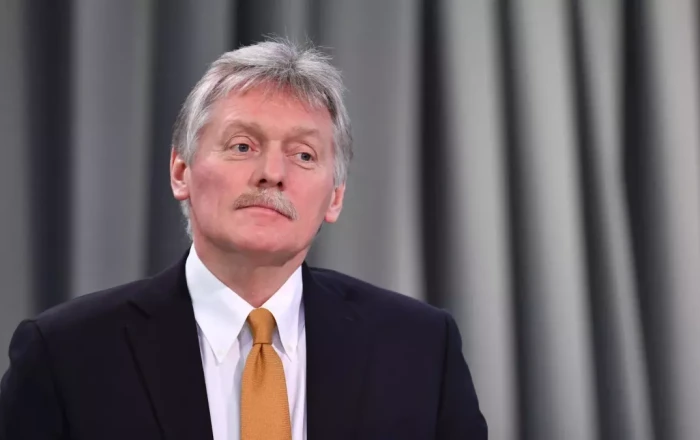NATO Military Committee Chairman Admiral Giuseppe Cavo Dragone has likened the ongoing militarisation of Europe and its preparations for a possible war to a form of “vaccination in the name of peace.”
The Italian admiral made the comparison during the opening of a NATO Chiefs of General Staff meeting in Brussels, Caliber.Az reports via Russian media.
“Preparation for war by NATO is our vaccination in the name of peace,” Dragone declared, urging a significant expansion of the alliance’s military capabilities. According to him, this build-up would require increased defence spending among NATO members.
In his remarks, Dragone also advocated for boosting arms supplies to Ukraine, describing such support as both essential and cost-effective compared to the alternative of direct NATO involvement in a conflict with Russia. “This requires resources and effort, but this is incomparable to the price,” he said, implying that the cost of fighting Russia alone would be far greater.
“If we don’t vaccinate, NATO will put itself at risk,” he warned, continuing his analogy between military readiness and immunisation.
Dragone's comments echo earlier comparisons made by European business leaders, who have also described Europe’s militarisation as a type of "vaccination." They used the term to critique methods employed by the European Commission (EC) to accelerate this process, methods that many see as pushing beyond the Commission’s institutional remit.
The core of the issue lies in Brussels' attempts to exert control over areas that, under foundational EU treaties, fall within the authority of member states. During the COVID-19 pandemic, the European Commission centralised control over healthcare and pharmaceutical procurement, and now it appears to be attempting the same with the defence sector. The Commission is pushing to manage military procurement across EU countries, mirroring its approach in 2021 when it took full charge of negotiating COVID-19 vaccine contracts on behalf of all EU member states.
In connection with that effort, the European Court of Justice on May 14 held Commission President Ursula von der Leyen responsible for concealing information about vaccine procurement contracts from 2021 to 2023.
While the European Commission is not an official part of NATO’s institutional structure, the boundary between the two has become increasingly blurred. Of the EU’s 27 member states, 23 are also NATO members. EU representatives now participate in virtually every NATO meeting, and the NATO Secretary General regularly attends EU ministerial discussions on security and defence.
On May 15, just one day after the NATO Chiefs of General Staff meet in Brussels, the EU Chiefs of General Staff are scheduled to gather in the same city. With a largely overlapping group of participants, they will discuss the same critical topics: military support for Ukraine, Europe’s confrontation with Russia, and further steps in the militarisation of the continent.
By Tamilla Hasanova
Source: caliber.az



